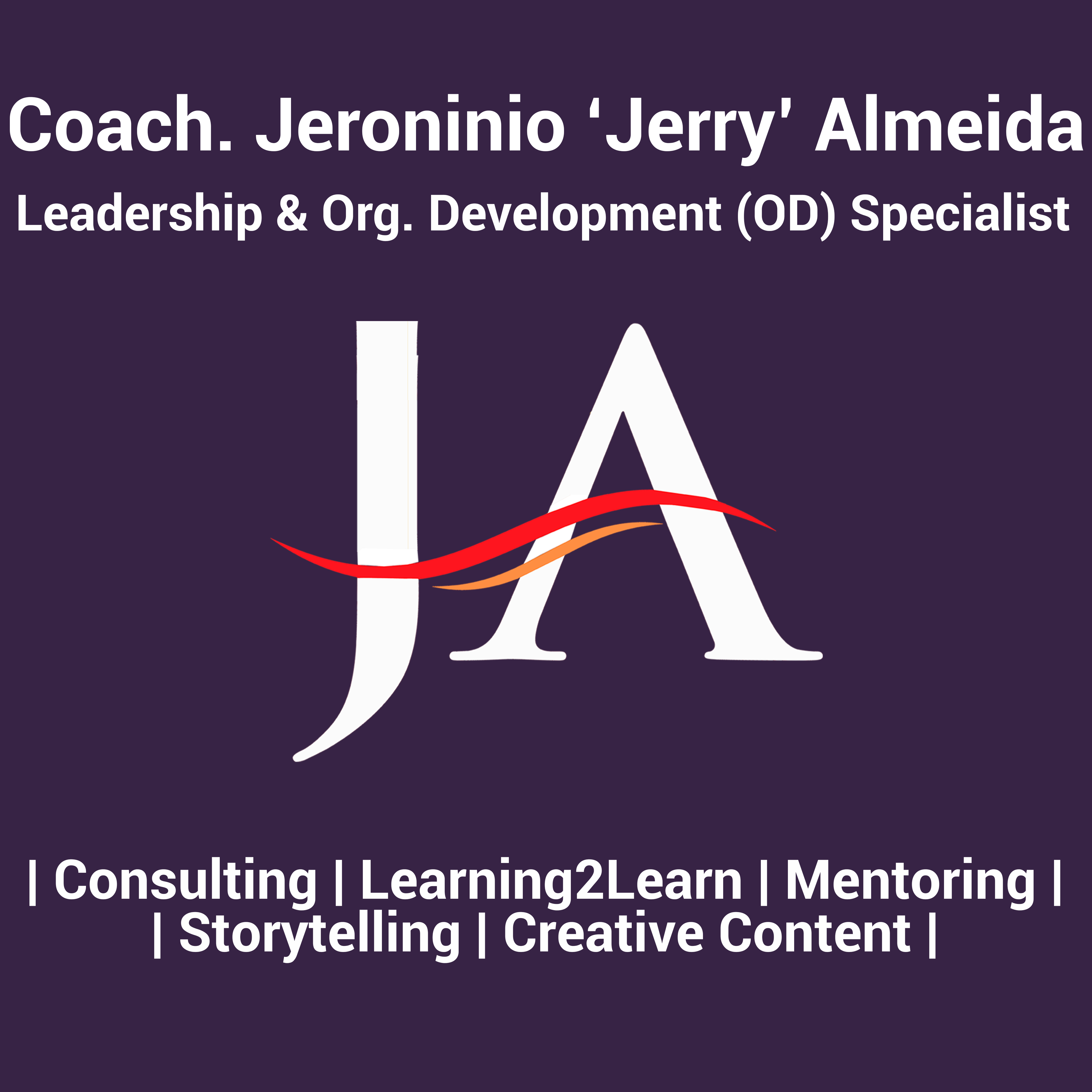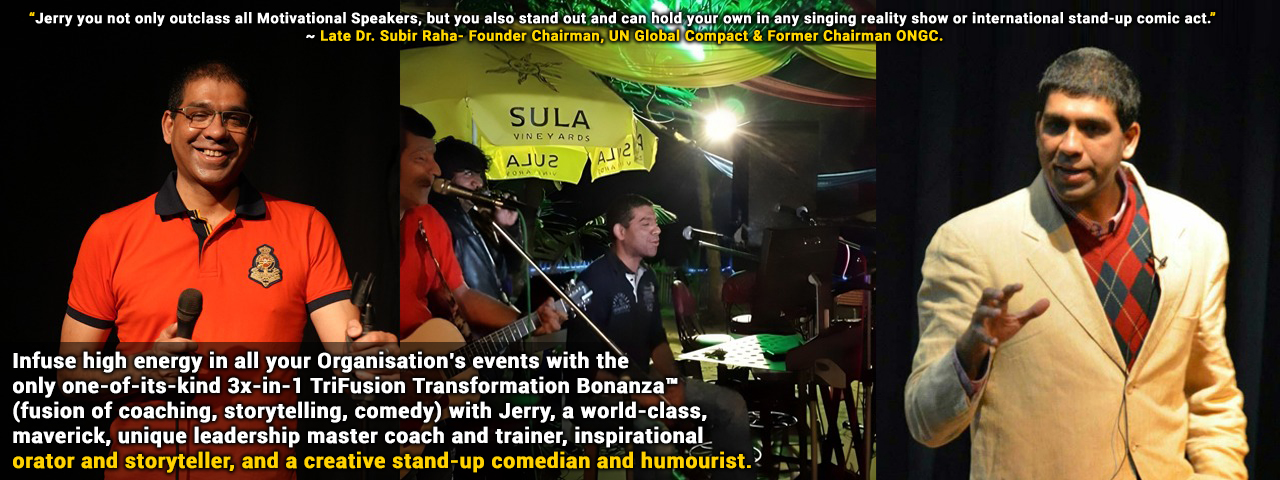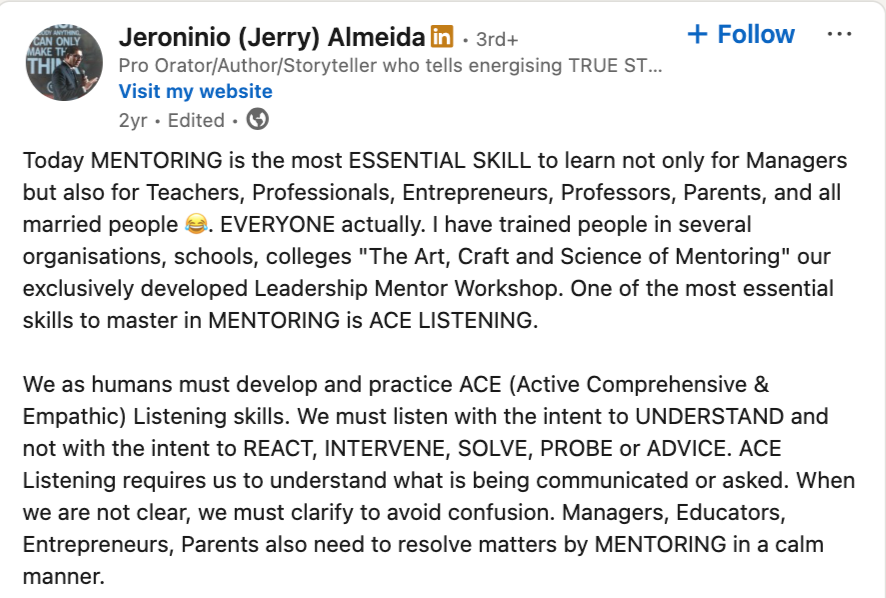The Art, Craft and Science of Mentoring
Jerry has mentored leaders at all levels and trained many people in several organisations, schools, colleges to empower them to understand and learn for "The Art, Craft and Science of Mentoring" our exclusively and ingeniously developed Leadership Mentoring Workshop. One of the most essential skills to master in MENTORING is ACE Listening. We as humans must develop and practice ACE (Active Comprehensive & Empathic) Listening skills.
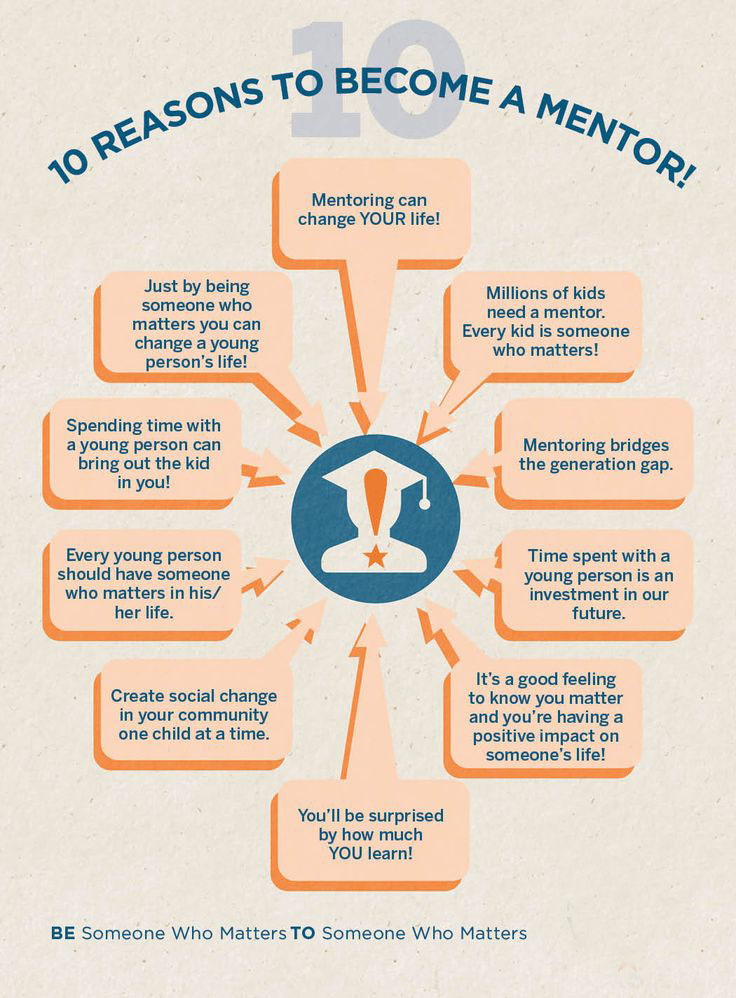
We must listen with the intent to UNDERSTAND and not with the intent to REACT, INTERVENE, SOLVE, PROBE or ADVICE. ACE Listening requires us to understand what is being communicated or asked. When we are not clear, we must clarify to avoid confusion. Managers, Educators, Entrepreneurs, Parents also need to resolve matters by MENTORING in a calm manner. More insights in the link which has gone viral and benefited millions. https://www.linkedin.com/posts/jeroninio-jerry-almeida-6186892_today-mentoring-is-the-most-essential-skill-activity-7034435984272306178-erJw?utm_source=share&utm_medium=member_android
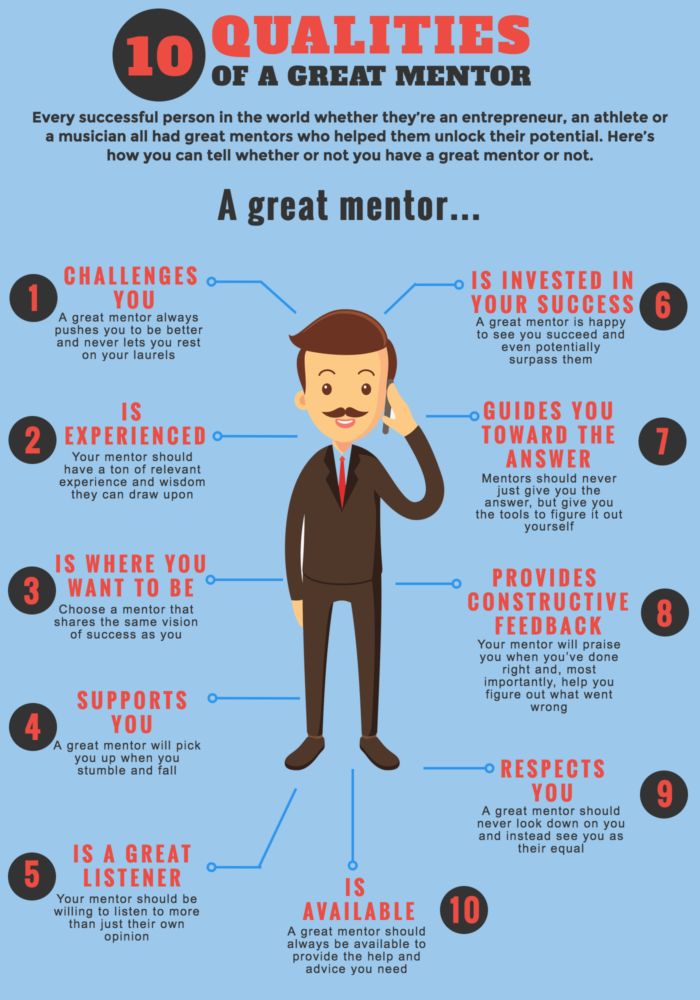
Mentoring is the most ESSENTIAL SKILL of the FUTURE, to learn not only for Managers but also for Teachers, Professionals, Entrepreneurs, Professors, Parents, Educators and all married people 😂. EVERYONE and ANYONE actually! "The Art, Craft and Science of Mentoring" is an intellectual Property, book and Learning Program with 7 modules and several powerful mentoring skill-pills & cool-tools exclusively created by Jerry, wherein he teaches managers and leaders in different sectors at all levels HOW TO MENTOR team members, students and others to ENSURE that EXECUTION is happening day by day, week by week, month by month to achieve EXTRAORDINARY RESULTS and SUSTAINABLE, CONSISTENT OUTCOMES.
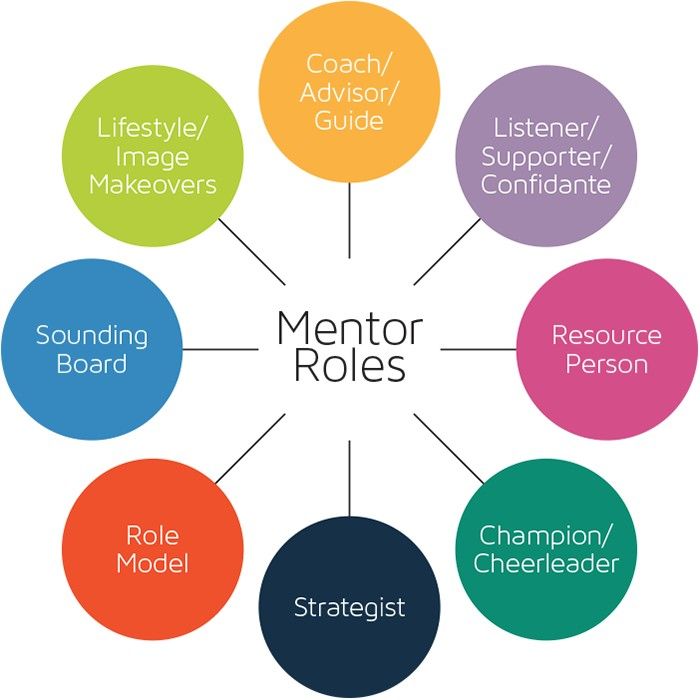
What is Mentoring? In The Odyssey (written by Homer, a Greek poet), Odysseus (known as Ulysses in the Latin translation) was preparing to fight the Trojan War when he realized he would be leaving behind his only son and heir, Telemachus. Since the child was young and wars typically dragged on for years (the Trojan War lasted 10 years), Ulysses entrusted Telemachus’ care and education to Mentor, his wise and trusted friend.

A Contemporary Definition of Mentoring: Today, mentoring is a process in which an experienced individual helps another person develop his or her goals and skills through a series of time-limited, confidential, one-on-one conversations and other learning activities. Mentors also draw benefits from the mentoring relationship. As a mentor, you will have the opportunity to share your wisdom and experiences, evolve your own thinking, develop a new relationship and deepen your skills as a Mentor.
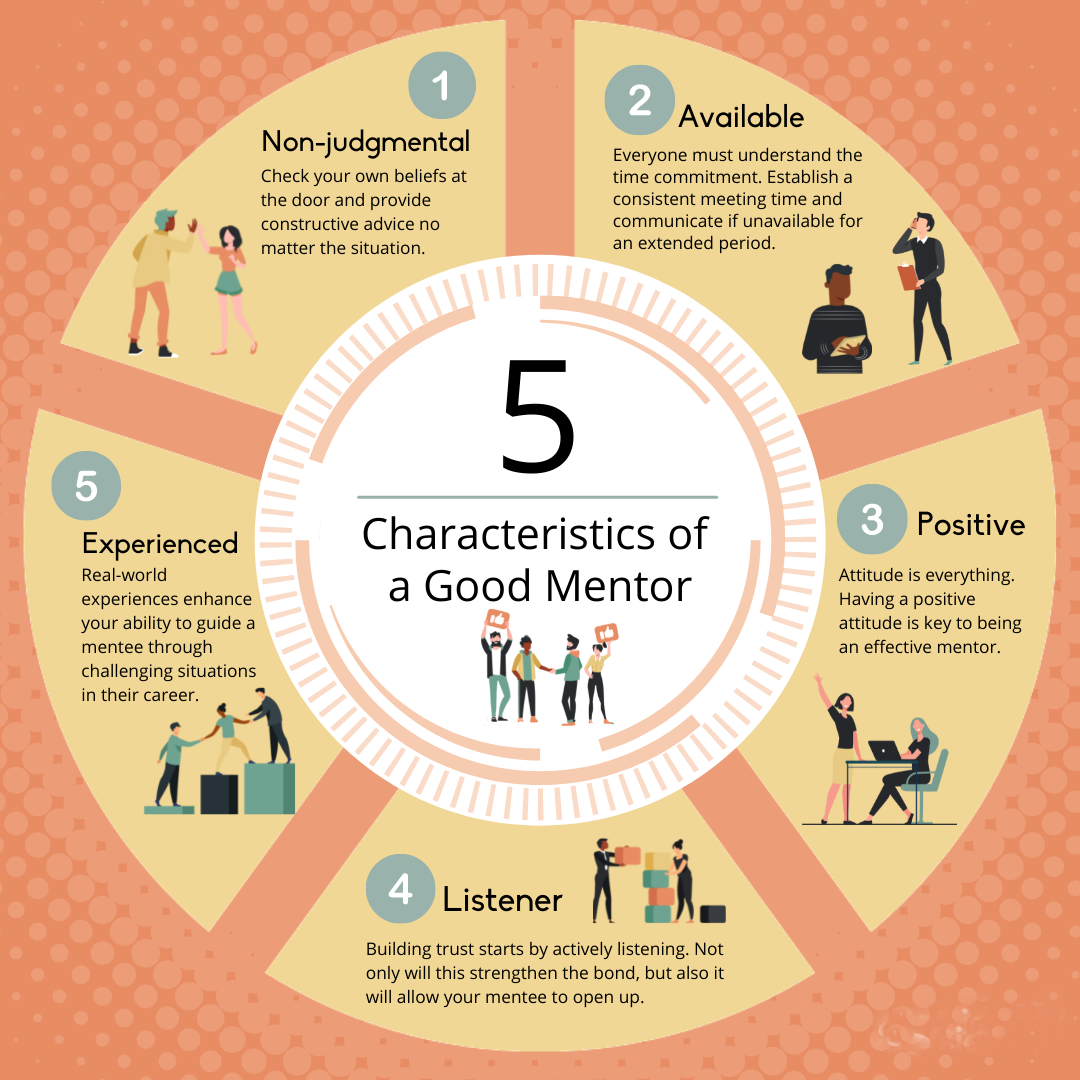
Mentoring in a nutshell is a collaborative learning centred professional or personal RELATIONSHIP OF TRUST between an experienced individual (mentor) and an Individual s/he supports and guides (mentee). They share mutual responsibility and accountability for helping the Mentee transition and work towards acquiring/ developing specific skills for the fulfilment of clear and mutually defined goals that would enhance the mentees personal and professional growth. Mentoring is used to assist individuals at specific stages of mindset, skillset and toolset development and lasts for a sustained but defined period of time. The mentoring relationship provides a developmental opportunity for both parties and can thus have MUTUAL benefit and advantage.
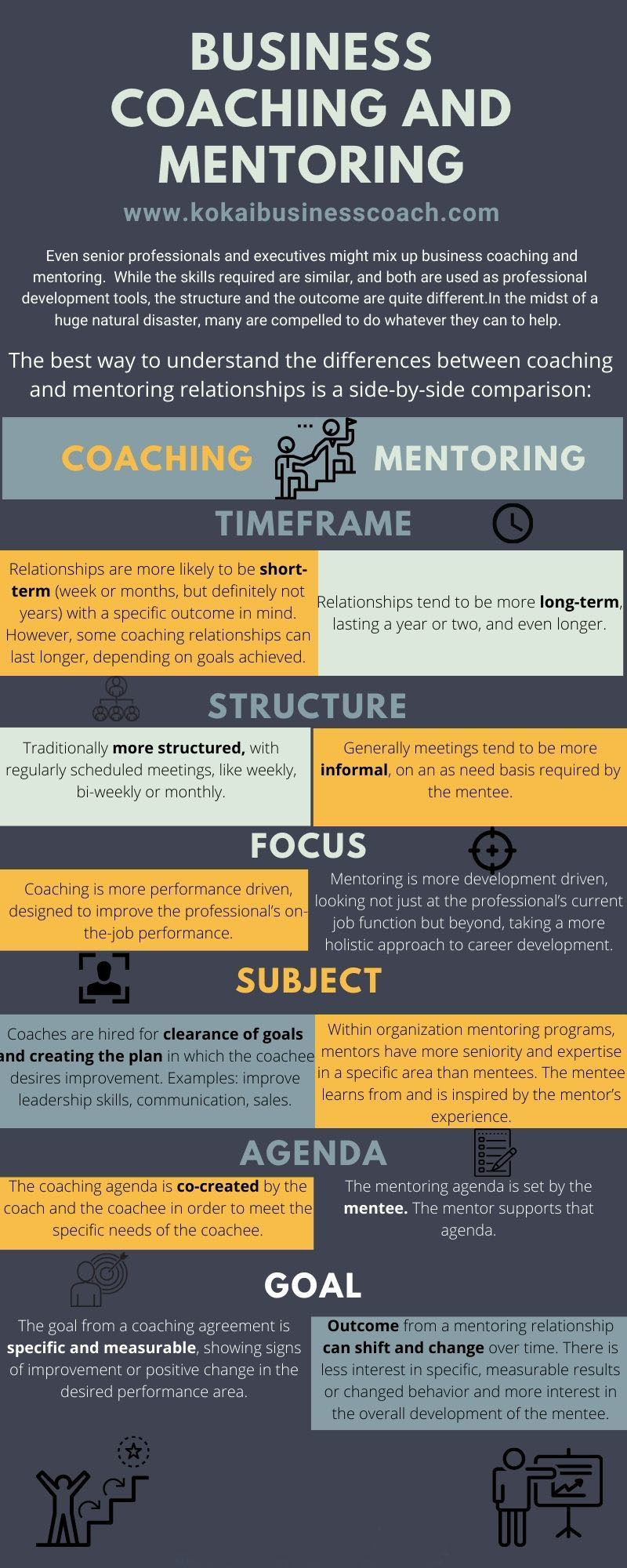
Mentoring is a developmental partnership through which one person shares knowledge, skills, information and perspective to foster the personal and professional growth of someone else. We all have a need for insight that is outside of our normal life and educational experience. The power of mentoring is that it creates a one-of-a-kind opportunity for collaboration, goal achievement and problem solving. The personalized nature of mentoring means you can decide to learn about the topics and issues of most relevance to you. After managers and educators learn mentoring Jerry helps the organisations/institutions to create Mentoring Buddy Panels (Including Exclusive Women Mentor Panels) at all levels.
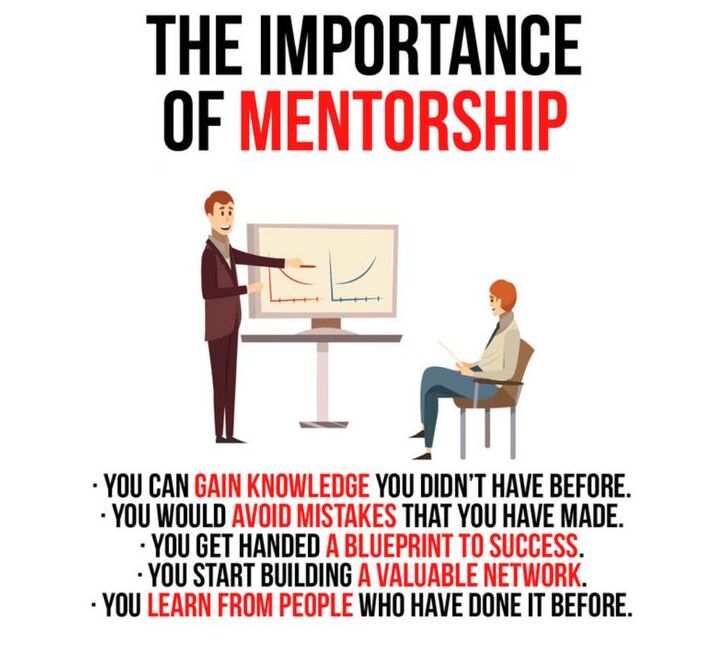
The chosen Mentors who learn MENTORING SKILLSETS, TOOLSETS and MINDSET work with the LEADERSHIP, HR and OD teams to ensure that the culture of trust, employee engagement and execution percolates and permeates to EVERYONE from top to bottommost employees. Jerry through his mentoring learning interventions has created mentor panels in several schools, colleges and organisations in India and around the globe.
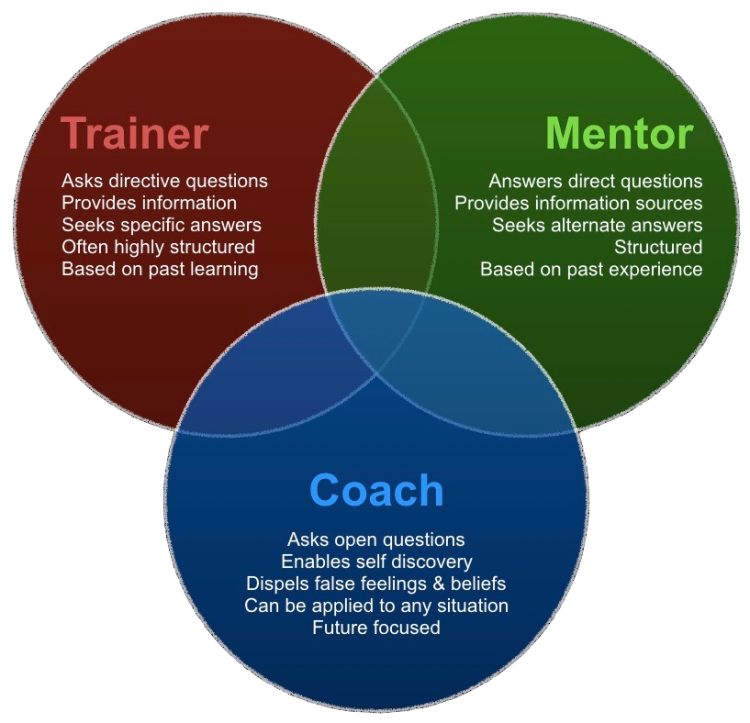
This helps to create whole system alignment in organisations and reduce and/or eliminate silos, disengagement and turf battles and helps foster a culture of trust for innovation, collaboration and empowerment. Jerry’s mentoring training course for Mentors ensures that any mentorship program is successful and rewarding by teaching the Mentor specific behaviours for fostering a mentoring relationship.
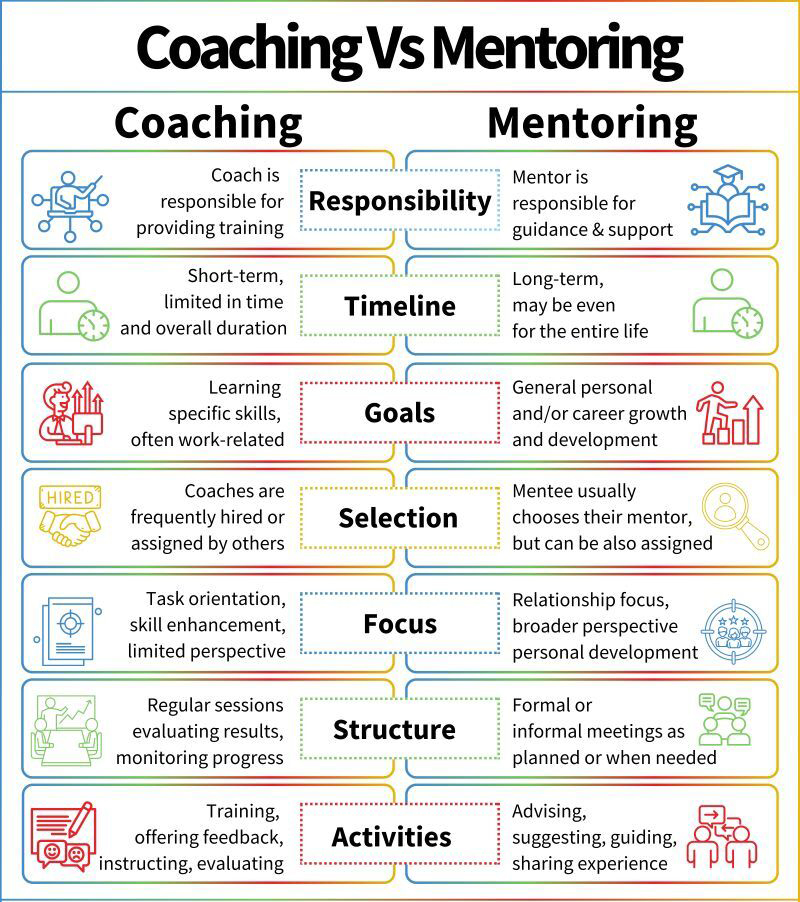
By the end of the course, all participants will:
- Understand mentoring & its relevance in the workplace, schools/colleges and homes.
- Learn how to use mentoring for unleashing potential to enable & develop people.
- Learn how to create, maintain & transition a mentoring relationship.
- Learn Brain-Based mentoring and how to help people improve their thinking.
- Master specific behaviours to maximize the impact of a mentoring relationship.
- Identify the benefits of the Mentor/Mentee relationship.
- Identify the difference of responsibilities for a Mentor and supervisor.
- Identify the basic ACE listening skills involved in mentoring.
- Set expectations and goals with your Mentee.
- Provide your Mentee with useful feedback and also seek feedback.
- Learn2Learn from the Mentee.
- List pitfalls to avoid when mentoring.
- Learn which behaviours to stay away from in a mentoring relationship.
- Use mentoring to improve the workplace or education space.
- Understand the power of vulnerability to develop positive, growth & victor mindset.

Mentoring, often described as a combination of art, craft, and science, involves more than just providing advice. It's a dynamic relationship where a mentor guides a mentee's growth and development through a blend of intuition, practical skills, and structured processes.
The Art of Mentoring:
- Building Trust and Connection: Mentoring thrives on a strong, trusting relationship between mentor and mentee. This requires empathy, active listening, and a genuine interest in the mentee's journey.
- Understanding Individual Needs: Effective mentors recognize that each mentee is unique and tailor their guidance to their specific needs, goals, and learning style.
- Motivational Leadership: Mentors inspire and encourage mentees to reach their full potential, fostering a sense of confidence and resilience.
- Facilitating Learning:
- Mentors help mentees learn by guiding them to explore their own insights and solutions rather than simply providing answers.
The Craft of Mentoring:
- Developing Skills: Mentors acquire and refine practical skills like active listening, providing feedback, and facilitating discussions.
- Applying Knowledge: Mentors draw upon their own experience and knowledge to guide mentees, adapting their approach based on the situation and the mentee's needs.
- Using Tools and Techniques: Mentors may utilize various tools, including goal-setting frameworks, performance reviews, and networking opportunities, to enhance the mentoring relationship.
The Science of Mentoring:
- Understanding Processes: Mentors recognize that mentoring is a structured process with defined roles, expectations, and outcomes.
- Data-Driven Approach: Some mentoring programs employ data and metrics to track progress, assess effectiveness, and identify areas for improvement
- Evidence-Based Practices: Mentors may draw upon research-backed practices and strategies to ensure that their mentoring approaches are effective.
Formalization and Standardization: Some mentoring programs are formalized with structured processes, training, and evaluation mechanisms. In essence, successful mentoring is a multifaceted process that combines the art of building rapport and understanding, the craft of applying practical skills and knowledge, and the science of structured processes and data-driven approaches.

